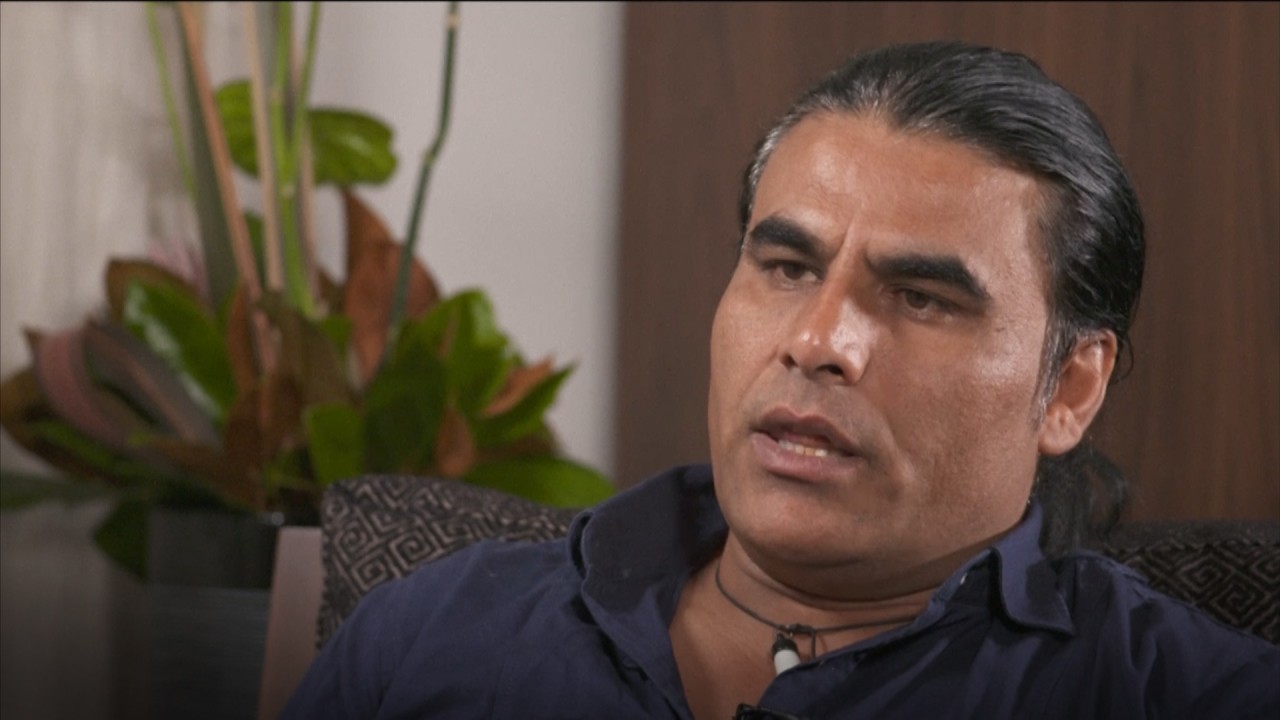
No open court trial for Singapore youth who planned to attack mosques, minister says
- Making the details of the 16-year-old’s motives public may inflame religious sentiments, Law Minister K. Shanmugam says
- The secondary school student was detained by the Internal Security Department in December last year and is believed to have acted alone
It was also important to intervene early via the ISA instead of waiting for him to carry out an attack before detaining him, said Minister for Home Affairs K. Shanmugam.
Shanmugam was speaking to the media on Thursday after a closed-door meeting with Christian and Muslim leaders at the Yusof Ishak Mosque in Woodlands, which was one of the mosques targeted by the teenager.
The boy, who was detained by the Internal Security Department (ISD) in December last year, is a Protestant Christian of Indian ethnicity and is believed to have acted alone. He was not named because of his age. Shanmugam said that the boy’s age was not taken into consideration on whether or not he should be detained under the ISA.
Singapore boy influenced by Christchurch gunman planned to attack mosques
“I think we agree that he is capable of doing harm. And until he’s rehabilitated, if we leave him out, and if he carries out what he intends to do, I think we’ll all be very sorry,” he said. However, the boy’s age should be taken into account when deciding the rehabilitation process, he said.
“Given his age there must be considerable hope that he can be rehabilitated.” Laying out the reasons for why the secondary school student will not be tried in court, Shanmugam said the criminal process is not suitable in this case as it can be argued that the teenager has not yet performed any criminal acts so far.
“In many countries, that’s part of the issue. You have to wait for them to do something and often that’s too late,” said Shanmugam, who is also the Minister for Law.

04:02
Christchurch mosque attack survivor speaks about encounter with gunman
“(That is why) I think our people support the approach where we intervene very early,” he said.
Shanmugam was also asked if religious institutions should step up their security measures in response to the news.
In his reply, he said places of worship are meant to be open and people should feel welcomed in these institutions, so the authorities should be “careful about going in that direction”. Still, he said those in charge of the administration within religious institutions should “raise their alertness levels”.
The authorities must also ensure that emergency forces can reach any part of Singapore within a short period of time.
Singapore man detained over involvement in Yemen war
Following the closed-door meeting, the president of the National Council of Churches of Singapore Reverend Keith Lai and Mufti of Singapore Dr Nazirudin Nasirmade made statements to the media reaffirming the warm relationship between the two religious communities.
Said Reverend Lai: “When the Christian community heard about the alarming news it really pained us, and we were in shock and disbelief that this had happened, especially coming from a 16-year-old.
“This is a wake up call for us as a community, not just the Christian community, but as a nation, on how we can help young people and guide and mentor them in the right way.”
Echoing his statements, Dr Nazirudin said religious communities should now focus on helping the young to understand the world through real friendships rather than through stereotypes and prejudices.
“We know that hate and extremist ideologies, not scripture or faith, is the real threat that can drive a sharp wedge between communities,” he said. “It is a growing threat that we must confront and arrest with conviction.”

